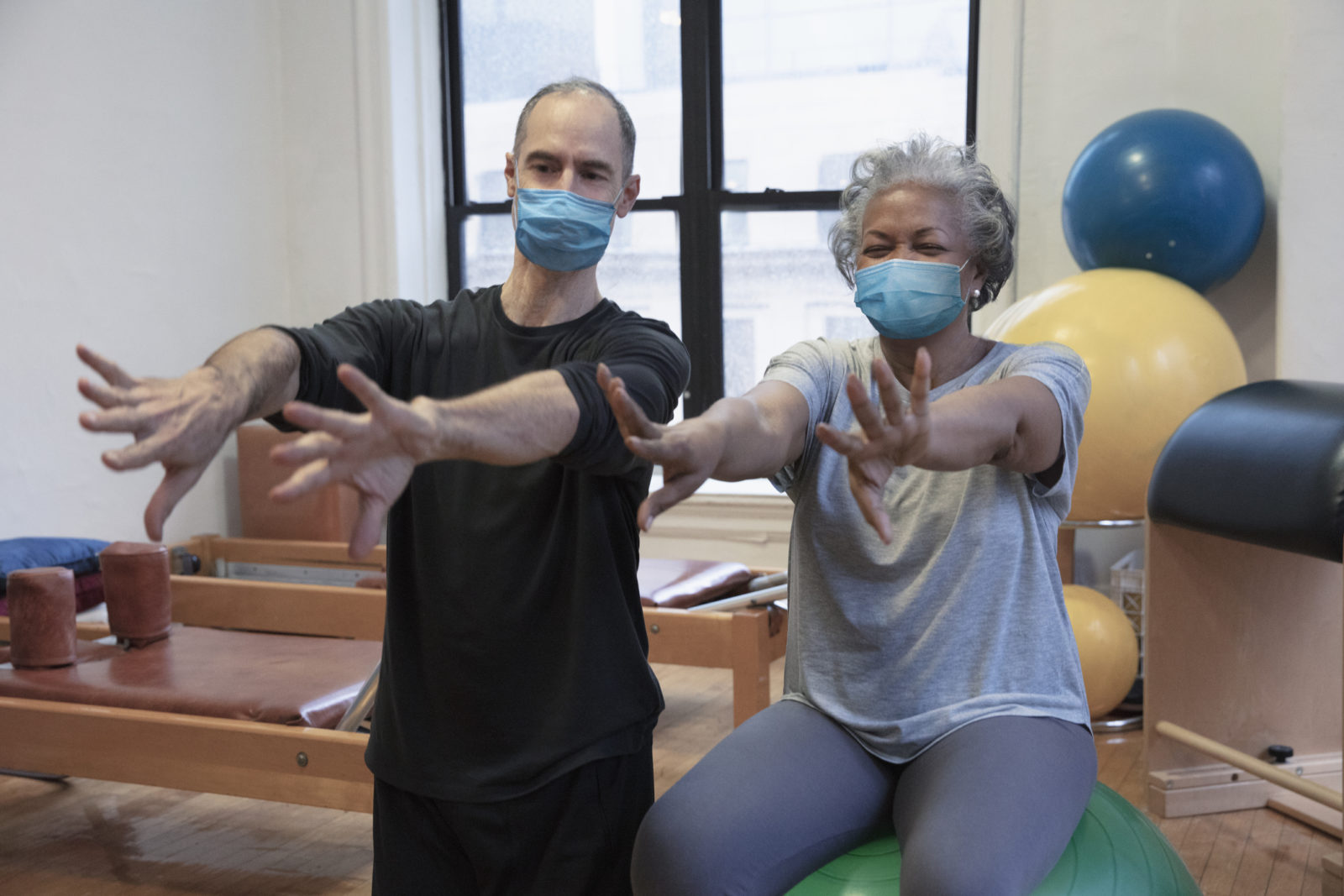In Stroke Recovery, the First Three Months are Key

The first three months after a stroke are thought of as the “golden” time for recovery, according to the American Stroke Association (ASA). That’s because at this early stage, the brain can most quickly adjust to the damage done by the stroke so the survivor can learn new ways to do things.
Although it’s true that recovery can continue for years after a stroke, focusing on recovery therapy during those first three months can help the stroke survivor achieve the best possible recovery.
“After a stroke, a person may need therapy to learn to walk or talk again, re-learn skills needed to be independent, recover communications and cognition skills, and address other consequences of stroke,” said Joel Stein, M.D., vice chair of the ASA’s Guidelines for Adult Stroke Rehabilitation and Recovery.
Early rehabilitation matters. As soon as your medical team gives the “all clear,” start your personalized rehabilitation program right away. Don’t delay. The ASA also offers these pointers for stroke survivors and their caregivers:
- Ask the doctor for an assessment of physical and cognitive challenges you face after stroke and a specific plan to address each challenge.
- Work with your doctor to get a plan to manage risk factors to prevent another stroke. This may include being physically active, not smoking and managing your blood pressure.
- Communicate and follow up regularly with your health care providers because some challenges, such as depression or the ability to remember medications, may not be immediately clear.
- Support from friends and family is especially important during stroke rehabilitation. If a stroke survivor is in a rehabilitation facility that has visitor restrictions due to COVID-19, stay connected via video calls, handwritten letters and window visits as possible. Family caregivers may also regularly call with questions and for updates from the staff at the rehabilitation facility.
Social distancing of loved ones is not the only way the COVID-19 pandemic may affect stroke survivors. “Unfortunately, during the COVID-19 pandemic, some recent stroke patients may be going without rehab during this important ‘golden’ time and other survivors may also be forgoing helpful therapy,” said Stein. Be aware that rehabilitation sessions may be held via video calls. For patients recovering at home, organizations that provide in-home support may partner up to deliver care.
For more information about stroke recovery, including a free downloadable PDF called “Life After Stroke,” visit www.stroke.org/recovery.
Adapted from a news release from The American Stroke Association
![Charlesgate [logo]](https://www.charlesgate.net/wp-content/uploads/sites/218/2016/12/logo-new.png)